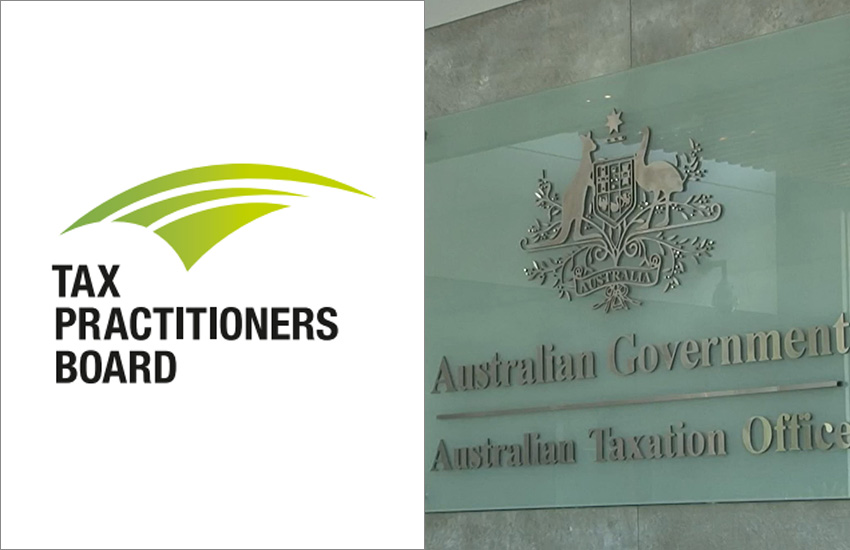While the regulator has not provided a breakdown in termination decisions linking back to an agent’s failure to comply with their own tax obligations, such cases have been used by the TPB to warn practitioners to keep their affairs in order.
You’re out of free articles for this month
More recently, a long-time agent faced disqualification despite her pleading that her underlying mental health issues had led to her failing her own obligations.
Tax lawyer John Morgan of the Victorian Bar believes the TPB has failed to sufficiently demonstrate its independence from the ATO, casting doubt over its decisions to terminate agents’ registrations when the ATO refers them on for failing to comply with their own personal tax obligations.
While firmly of the view that personal tax compliance is “no ornament to [an agent’s] professional standing”, Mr Morgan believes such failures can arise for a variety of reasons and should not be simply dealt with by terminating an agent’s registration upon receiving a referral from the Tax Office.
“The TPB has every interest in sanctioning tax agents for failures on client matters, but the rationale is more tenuous if tax compliance is only wanting in the tax agent’s own affairs,” Mr Morgan said.
“It should be a rare case, involving significant culpability, that leads to an agent having their registration as a tax agent suspended or terminated, and their livelihood taken away from them, for failures only in their own affairs.
“There are a range of lesser sanctions that could be more thoughtfully and effectively applied, in my opinion.”
Mr Morgan believes the lack of confidence in the TPB’s independence can easily lead to preconceptions of the TPB readily endorsing referrals from the ATO to deregister an agent.
“The ATO is too enthusiastic to use another means, bolster its normal compliance actions against tax agents, in a way they can’t with taxpayers generally. This is putting agents’ livelihoods at risk, by referring them to the TPB for potential sanction,” Mr Morgan said.
“Again, if the TPB had demonstrable independence from the ATO, they could stand as a credible bulwark against any excesses of the ATO, by refusing to rubberstamp these referrals.
“But the TPB is staffed by ATO officers who have temporarily changed hats, so there is less reason for confidence that an inappropriate referral will be rejected.”
‘Perception rather than reality’
This is not the first time that question marks have hung over the TPB’s independence, with Keith James, the chair of the independent review of the TPB, previously noting that the current arrangement was far from ideal and not in line with requirements set out by The Ethics Centre.
The TPB continues to be funded out of the ATO’s budget, operate out of ATO premises and staffed by ATO secondees.
However, in its defence, the TPB strongly believes concerns raised regarding its independence are a matter of perception rather than reality.
The regulator argues that all appellable decision making, such as the termination of registration or imposition of other administrative sanctions, are decisions that can currently only be made by a committee of at least three board members — members who have been directly appointed by the minister.
Despite the TPB’s views, the review’s discussion paper has floated a number of recommendations to overcome these issues of independence, including employing staff who are strictly independent of the ATO.
“It might be appropriate that those staff of the TPB who report directly to the CEO and are responsible for decisions regarding sanctions and litigation are also employees of the TPB rather than ATO secondees working for the TPB,” said the independent review discussion paper.
“This would ensure that all decisions that may be made by the TPB and that are appellable to either the AAT or a court are made by employees of the TPB who are clearly independent of the ATO.”
It also believes that the TPB should have control of its own budget and formal power of appointment of its executive and staff who should work exclusively under its direction.
The review has since been completed and presented to the government, but it has yet to be publicly released.
The TPB has acknowledged that it is currently operating under a cloud of uncertainty as it awaits the outcome of the review and, in the meantime, will aim to complete 1,000 investigations of the highest-risk agents.

 Login
Login







